Iran's top security body to decide on Strait of Hormuz closure after US strikes
Iran has long used Strait closure threats to stop Western pressure, now heightened after US strikes on nuclear sites
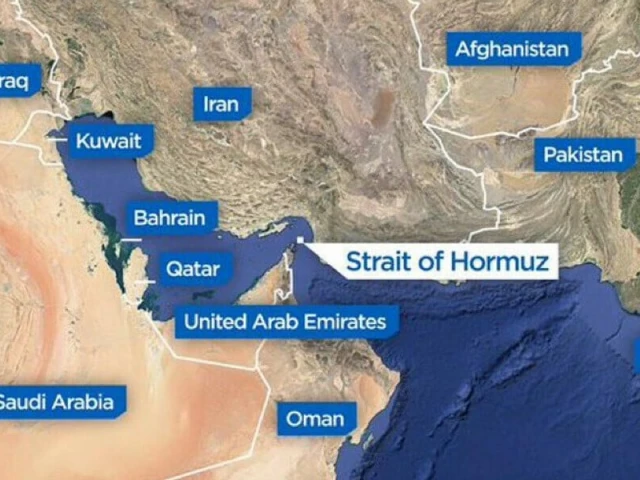
Iran’s Supreme National Security Council must make the final decision on whether to close the Strait of Hormuz following US bombing raids, Iran’s Press TV said on Sunday, after parliament was reported to have backed the measure.
Iran has long used the threat of closing the Strait, through which around 20% of global oil and gas demand flows, as a way to ward off Western pressure which is now at its peak after the overnight US strikes on its nuclear facilities.
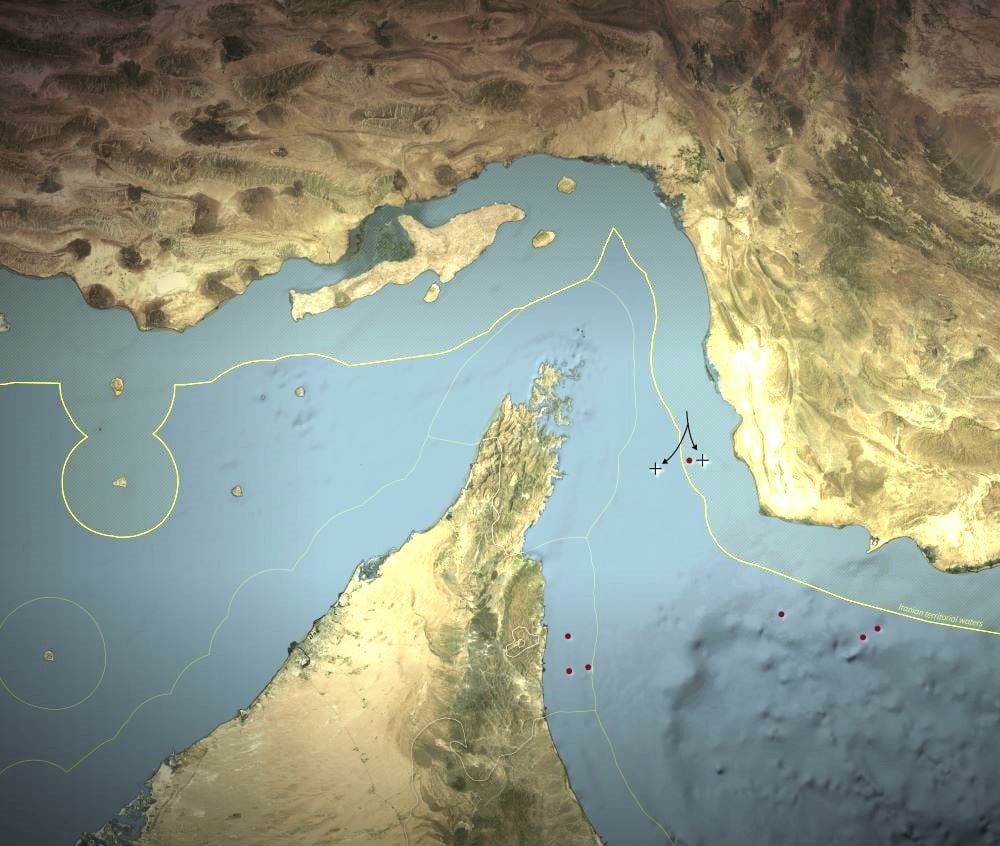
The decision to close the strait is not yet final and it was not officially reported that parliament had in fact adopted a bill to that effect.
Instead, a member of parliament’s national security commission Esmail Kosari was quoted on other Iranian media as saying: “For now, [parliament has] come to the conclusion we should close the Strait of Hormuz, but the final decision in this regard is the responsibility of the Supreme National Security Council.”
Kosari, who is also a Revolutionary Guards Commander, had earlier on Sunday told the Young Journalist Club that closing the strait was on the agenda and “will be done whenever necessary”.
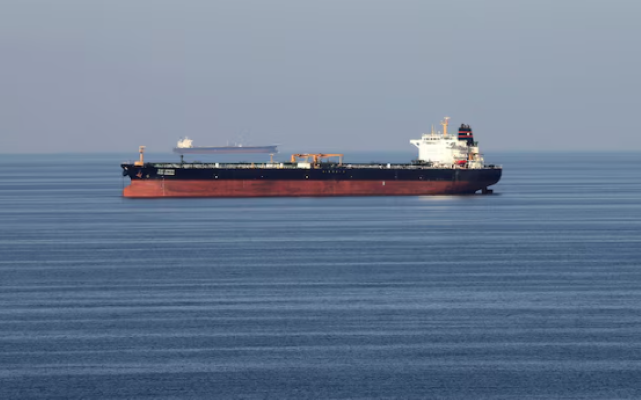
Asked about whether Tehran would close the waterway, Foreign Minister Abbas Araqchi dodged the question on Sunday and replied: “A variety of options are available to Iran.”
The strait lies between Oman and Iran and links the Mideast Gulf north of it with the Gulf of Oman to the south and the Arabian Sea beyond.
It is 21 miles (33 km) wide at its narrowest point, with the shipping lane just 2 miles (3 km) wide in either direction.
US urges China to stop Iran's possible closure of Hormuz
US Secretary of State Marco Rubio on Sunday urged China to persuade Iran not to close the Strait of Hormuz, following Washington’s recent strikes on Iranian nuclear sites.
Speaking on Fox News’ Sunday Morning Futures with Maria Bartiromo, Rubio responded to reports from Iran’s Press TV that the Iranian parliament had approved a measure to shut down the strategic waterway, through which around 20% of global oil and gas flows.
“I encourage the Chinese government in Beijing to call them about that, because they heavily depend on the Straits of Hormuz for their oil,” said Rubio, who also serves as the national security adviser.
“If they do that, it will be another terrible mistake. It's economic suicide for them if they do it. And we retain options to deal with that, but other countries should be looking at that as well. It would hurt other countries' economies a lot worse than ours,” he added.
Rubio warned that a move to close the strait would represent a major escalation and would merit a response from the United States and its allies.
The Chinese embassy in Washington did not immediately provide a comment.
Importance of Strait of Hormuz
The Strait of Hormuz, located between Iran and Oman, is just 21 miles wide at its narrowest point, with shipping lanes only 2 miles wide in each direction. It is the world's most critical oil transit route, handling about 20% of global oil trade — up to 20.8 million barrels per day — primarily from OPEC nations like Saudi Arabia, Iran, UAE, Kuwait, and Iraq.
Qatar also sends most of its liquefied natural gas exports through the strait. While UAE and Saudi Arabia have some pipeline capacity to bypass it, full closure would disrupt global energy supplies and spike oil prices.
The US Fifth Fleet, based in Bahrain, is tasked with securing shipping in the area. The strait has long been a flashpoint — from the 1980s Tanker War to more recent seizures of vessels by Iran in response to US actions.
Tensions remain high as Iran considers a move it has often threatened but never executed: blocking the Strait of Hormuz.







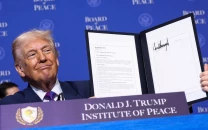


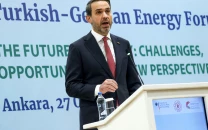













COMMENTS
Comments are moderated and generally will be posted if they are on-topic and not abusive.
For more information, please see our Comments FAQ